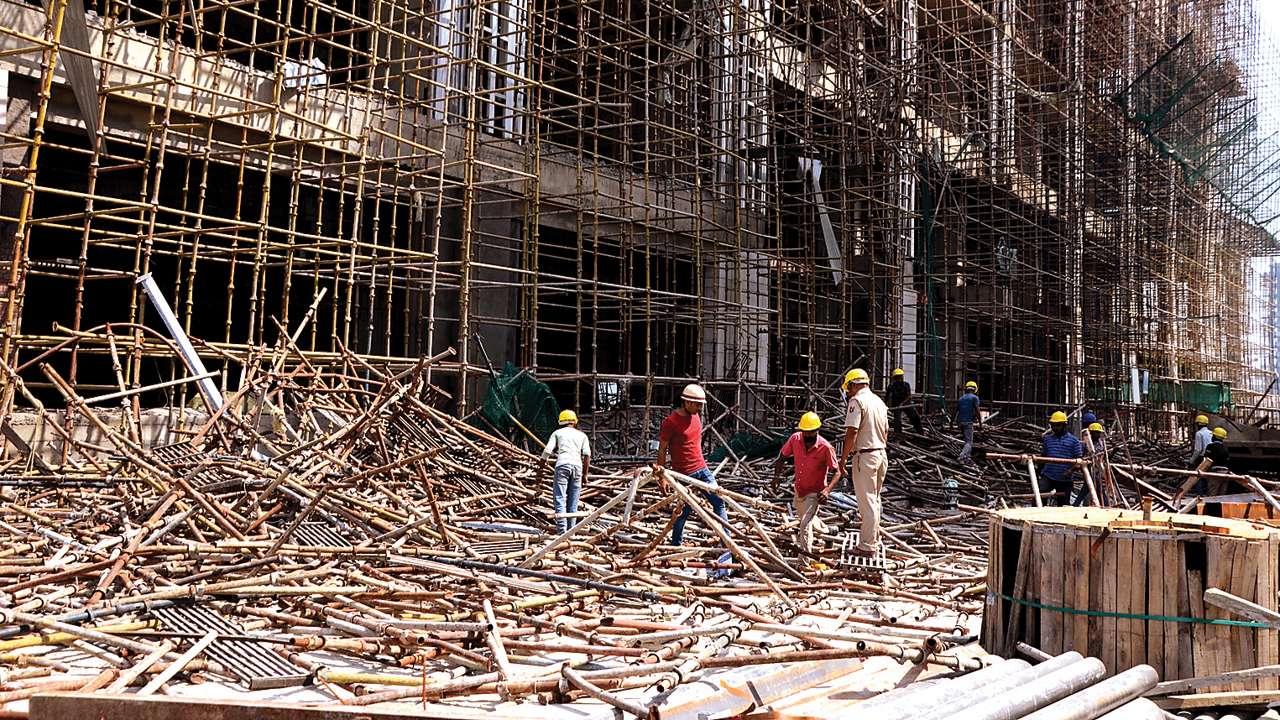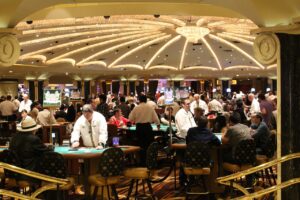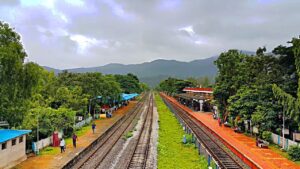
NPCL Clarifies Usage Charges For Prepaid Meters In Housing Complexes In Greater Noida
The Noida Power Company Limited (NPCL), which is a private company that provides power to Greater Noida, has clarified that usage charges for prepaid meters in a set of guidelines issued to all housing societies in Greater Noida. The main objective of these guidelines is to bring clear transparency and accountability in place.
According to these guidelines, prepaid meters that primarily installed for measuring the supply of electricity are exclusively meant for electricity and not for other tariffs such as maintenance, water or clubhouse. The housing societies have also been asked by NPCL to provide monthly electricity bills to all consumers with details of charges. The body has also asked each and every society to submit a half-yearly statement on energy consumed by individual consumers and rates charged.
NPCL has also given directives to housing societies they must not disconnect the supply of electricity of their consumers on the pretext of defaults in payments related to such ‘other charges’ except for the electricity dues regarding the electricity consumed by consumers of the concerning housing complexes.
These guidelines have been set by the body, following the orders of Uttar Pradesh Electricity Regulatory Commission (UPERC). As per the present Tariff Order of this Commission held on Aug 1, 2016:
- a) Fixed Charge at a single point as Rs.85.00 /kW/month plus 8 percent regulatory surcharge as well as 5 percent government duty.
- b) Energy Charges at Rs.5.50/kWh plus 8 percent regulatory surcharge as well as 5 percent government duty.
NPCL, the company is provided with a single point bulk load connection under ‘LMV – 1’ (low and medium voltage category). It means that their rate of billing electricity rate charges falls under ‘domestic’ tariff category as per the terms of the UPERC tariff schedule. While explaining the reason behind issuing such directives he said that of-late, they were regularly receiving various complaints from the allottees/flat owners/residents of various housing societies in regard to discrepancies in taking electricity charges from them by the builders or RWAs. That is why they were compelled to issue such guidelines that have to be mandatorily followed by all housing societies.
These guidelines include clauses like :
1) Allottees/flat owners/residents of various housing societies are required to ensure that initial load sanctioned by their company/builder to the end consumers would strictly be in accordance with clause 4.9 of the Supply Code, 2005 (SC 2005).
2 ) The electricity load should be calculated as per norms provided in annexure 4.6 of the said Supply Code, which states that in case of multi-storeyed buildings/colonies, the load should be calculated taking into account 500 Watt per 10 square meters of the constructed area.
3) All agreements initiated/executed by the company/builder with the residents/end-consumer with regard to electricity connections would be in compliance with SC 2005. No additional amount will be charged for providing the initially sanctioned load as mentioned above after taking over possession of the end consumers.
4) Builders, housing societies have been asked to raise electricity bills in terms of kW for fixed charge and kWh for energy charge (for sanctioned load less than 10 kW), strictly in accordance with the UPERC tariff schedule.
5) The housing society/builder can charge no more than 5 percent additional charge on the above-specified rate from the consumers apart from other applicable charges such as regulatory surcharge, penalty, and rebate and electricity duty on actual basis.
6) The builders are also instructed to ensure 5 percent additional charge towards facilitating the supply of electricity to the individual members to recover their expenses towards the supply of electricity, distribution loss, electrical maintenance in their supply area, billing, accounting, and audit etc.




